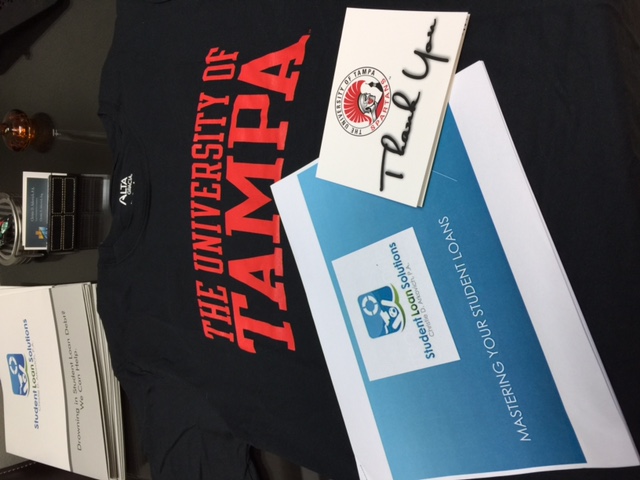 One of our most successful cases this month was the discharge of private student loans for our client who attended a Caribbean medical school. The key was that the foreign medical school was not listed on the Federal Schools Codes List as being eligible for federal funding. That particular fact allowed us to obtain a full discharge of several hundred thousand dollars in private student loans. The loans were not “qualified educational loans” as that term is defined by the Internal Revenue Code and therefore were dischargeable under Section 523(a)(8) in an adversary proceeding.
One of our most successful cases this month was the discharge of private student loans for our client who attended a Caribbean medical school. The key was that the foreign medical school was not listed on the Federal Schools Codes List as being eligible for federal funding. That particular fact allowed us to obtain a full discharge of several hundred thousand dollars in private student loans. The loans were not “qualified educational loans” as that term is defined by the Internal Revenue Code and therefore were dischargeable under Section 523(a)(8) in an adversary proceeding.
This case, In re Lysiuk, Case No. 6:16-ap-00124-CCJ is available here. It was decided by Bankruptcy Judge Cynthia Jackson out of Orlando, Florida.
This case was not brought as a typical undue hardship. I felt it would be exceedingly difficult to prove under the existing Bruner Standard that our client met the burden to discharge his loans based upon hardship. While he was only making $10/hour when we filed the case, he was potentially capable of much more (despite being unable to pass the medical boards) and was young and healthy. So instead we chose to go the route of a more technical argument that was gaining ground in the United States but was still an issue of first impression in Florida.
 Reboot Your Life: Tampa Student Loan and Bankruptcy Attorney Blog
Reboot Your Life: Tampa Student Loan and Bankruptcy Attorney Blog








